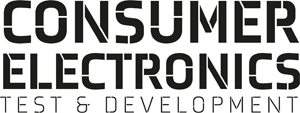According to IEC, ISO/IEC 25059 “adapts a methodology already used in other ISO/IEC Standards” known as SQuaRE (Systems and software Quality Requirements and Evaluation).
The standards cover aspects of software quality including requirements, design, testing, maintenance, and evaluation.
“We are leveraging a very successful base of existing well adopted standards on software quality,” said Wael William Diab, who chairs SC 42, the IEC and ISO committee on AI. “The fact that we are dealing with quality in the context of developing systems reflects that SC 42 is looking at the entire ecosystem and lifecycle including ensuring quality development and deployment of AI systems.”
IEC said the new standard provides quality models for AI systems with “consistent terminology for specifying, measuring, and evaluating system quality.”
The new standard also includes quality characteristics and sub-characteristics that are specific to AI, as well as characteristics that are already defined in other software quality standards, such as ISO/IEC 25010.
IEC said the new standard will help to ensure that AI systems are developed and tested to meet the necessary quality standards before they are released to the market for criteria including accuracy, reliability, and robustness of AI models. The standard is also meant to ensure that the system meets ethical and legal requirements.
“As the field of AI continues to grow and evolve, ISO/IEC 25059 ensures that AI systems are developed and evaluated to the highest possible quality standards to ensure their safety, reliability, and effectiveness in real-world applications,” said David Filip, the working group convenor.

